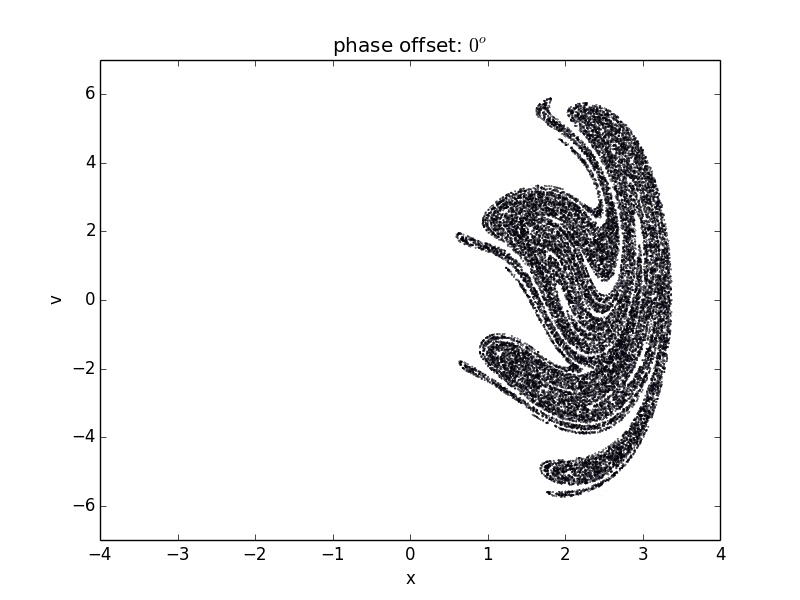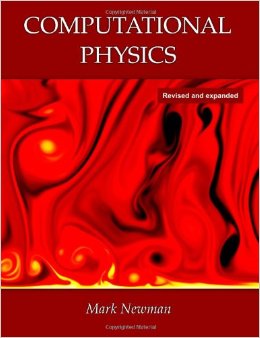
Computational Physics Lab

Professor Paul M Eugenio
205 Keen, Department of Physics
Florida State University
eugenio@fsu.edu
850-644-2585
http://hadron.physics.fsu.edu/~eugenio

Text: Mark Newman, Computational Physics ( Revised and expanded 2013 ISBN 978-148014551-1)
An introduction to the use of computers to solve computationally intensive problems, including basic instruction in physics problem solving using numerical solutions to differential equations, numerical integration, Monte Carlo, partial differential equations, linear algebra, distributed processing, and statistical data analysis. The course also provides instruction in computational techniques and software development skills, and practice in using network and software development tools including parallel batch processing systems, code management systems, debuggers and optimizers, auto documentation generators, and web utilities.
Computers originally developed to solve numerically intensive physics problems, have become an essential tool for modern physics. This course introduces students to the use of computers to solve physics problems and provides instruction in both the numerical methods required and the software tools needed to efficiently complete computer projects. The course uses a combined lecture plus laboratory format. Students will work at computer stations to complete exercises that teach computational techniques and provide directed hands-on experience using software tools.
| Exercises | |
|---|---|
| exercise 0 | |
| exercise 1 | |
| exercise 2 | |
| exercise 3 | |
| exercise 4 | |
| exercise 5 | |
| exercise 6 | |
| exercise 7 | |
| exercise 8 | |
| exercise 9 | |
| exercise 10 |